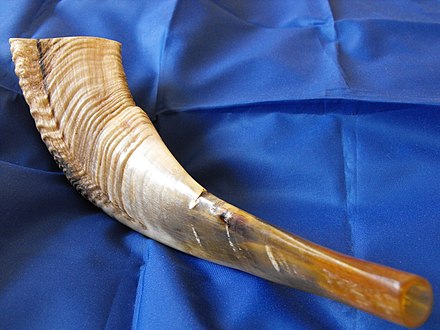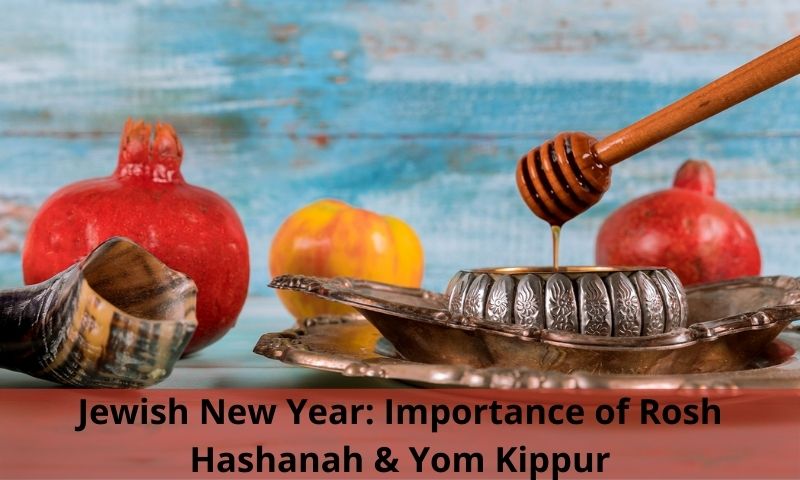Just as labor day weekend comes to an end on September 6, Rosh Hashanah or Jewish New Year will be celebrated from sundown on the same day to sundown on September 8, 2021.
The two-day observance, which starts on the first day of Tishrei — the seventh month on the Jewish calendar — commemorates the creation of the world.
It also marks the beginning of the Days of Awe. The 10-day period, which ends with Yom Kippur, is a time to think about the past year and ask for God’s forgiveness for any wrongdoing.
The exact date of Rosh Hashanah’s is determined as per the Hebrew calendar. So, it changes every year but almost always comes in September or October.
Unlike the wild New Year celebrations in January, Rosh Hashanah is a quiet and reflective holiday.
On this day, Observers attend special synagogue services where they listen to readings from holy Jewish texts, sing songs, and recite prayers from the machzor.
Perhaps the most important element of the holiday is the ceremonial sounding of the shofar — a trumpet typically made from a ram’s horn.
It looks something like this:

Shofar blowers begin by reciting a collection of holy verses and blessings. After this they use the shofar to generate sound in these 4 different sets:
- A long blast known as tekiah
- Three short blasts known as shevarim
- Nine rapid blasts known as teruah, and
- A very long blast called a tekiah gedolah.
Once this religious service is done, observers return for a delicious meal, which includes a round loaf of challah, apples, and honey.
Recommended Read: Israel COVID-19 Study: Natural Immunity Superior to Vaccine Against Delta Variant
Yom Kippur
Yom Kippur or popular as the “Day of Atonement”, is the 10th day of the holiday season.
This year, Yom Kippur will be celebrated from September 15 to sundown on September 16, 2021.
In the Jewish Calendar, the day of Yom Kippur is considered the holiest one.
On this day, Jews do not work or go to school as many of them fast for 25 hours, wear white clothes, and avoid wearing make-up, perfume, or leather shoes.
Credited to the prophet Moses, Yom Kippur ends with a joyous celebration and a breaking of the fast.
According to Jewish tradition, when the people of Israel left Egypt, they went to Mount Sinai.
Moses climbed to the top of the mountain and received two tablets with the Ten Commandments from God. The first commandment told people to only worship God.
But when Moses came down the mountain, he found the Israelites worshiping a golden calf.
Moses destroyed the tablets in anger.
However, once people amended their sins, God forgave them and gave Moses a second set of tablets.

